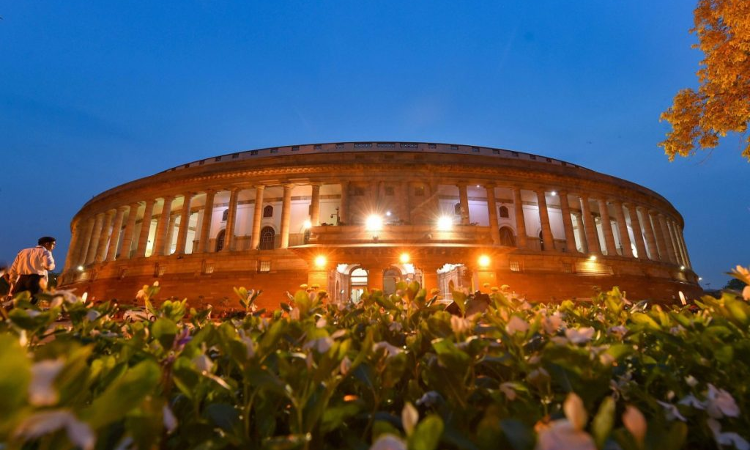Parliament Passes Mines and Minerals (Development and Regulation) Amendment Bill, 2021
Akshita Saxena
22 March 2021 8:28 PM IST

Next Story
22 March 2021 8:28 PM IST
The Rajya Sabha on Monday passed the Mines and Minerals (Development and Regulation) Amendment Bill, 2021 by voice vote. It was passed by the Lok Sabha last week. The Bill seeks to amend the Mines and Minerals (Development and Regulation) Act, 1957 and further regulate the mining sector in India by: Permitting removal of restriction on end-use of minerals; Enabling...
